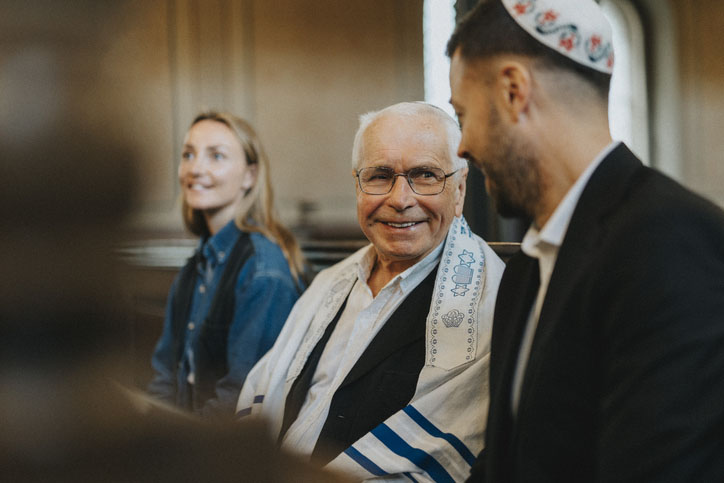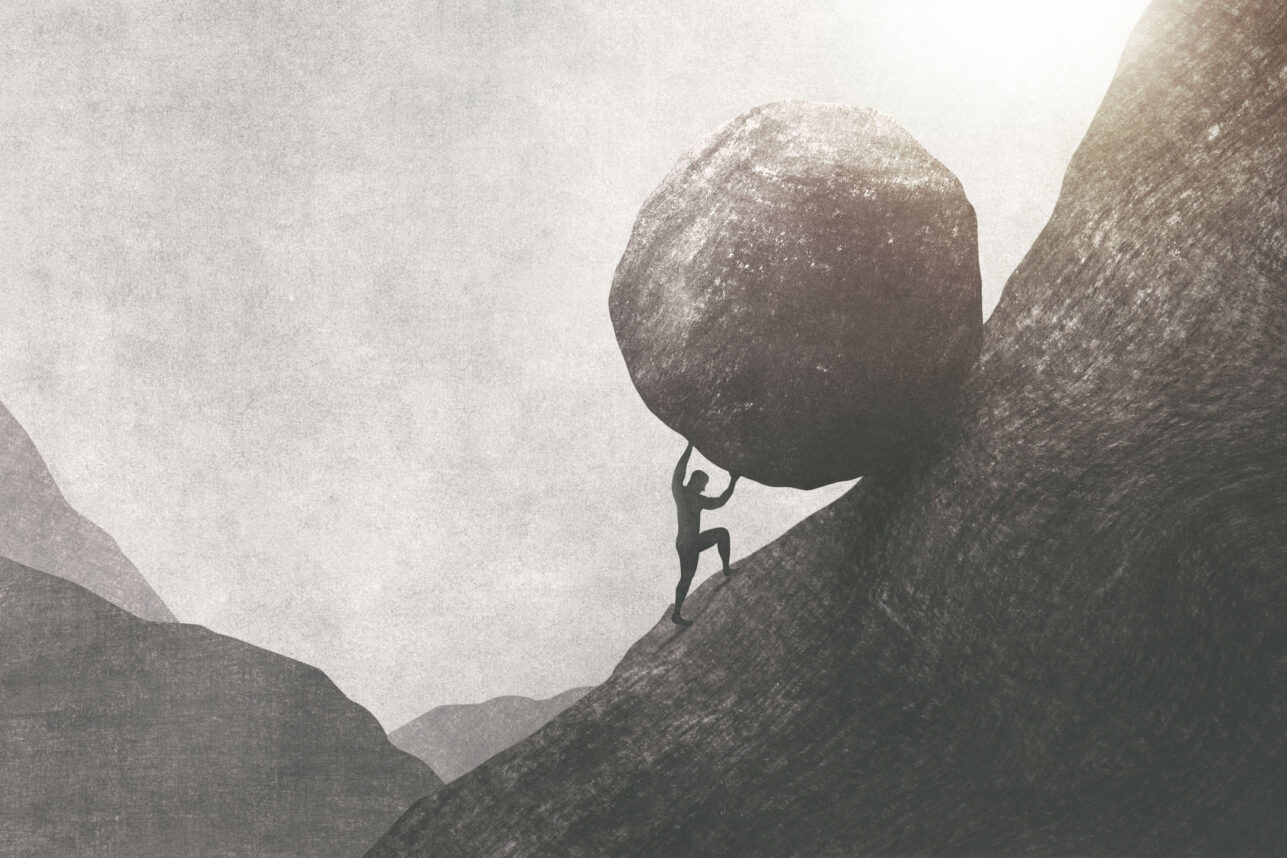
Twenty-five years ago, Harvard University political scientist Robert Putnam published his monumental contribution to our understanding of American identity and culture. Professors seem to take a perverse pride in selecting obscure names for their publications that only their academic peers have a chance of deciphering, but not Putnam. His book’s title, “Bowling Alone,” says it all.
Putnam argued that the demise of once ubiquitous bowling leagues was indicative of a wholesale reduction in the sort of in-person social interchange that used to characterize American life. Putnam posited that such a trend seriously imperils democracy, which depends on a common sense of purpose. Some commentators have subsequently credited the alienation associated with the decline in social and civic groups as one factor in the election of Donald Trump in 2016. I suspect that they will say the same about his 2024 reelection.
Houses of worship, formerly a focal point for interpersonal exchange, have met a fate similar to bowling leagues. In 2020, 47% of Americans said they were members of a church, synagogue or mosque. By contrast, between 1940 and 1985, roughly 75% of survey respondents said they belonged to a house of worship. Lest you blame generational change for this steep decline, it isn’t just those who are under 30 who have become disconnected from organized religion, it is also the case for older Americans. And this was before COVID shutdowns.
Focusing on Jews, I have heard a number of rabbis lament that substantial numbers of synagogue members who used to attend services in person – especially during the High Holy Days – now stream them from the comfort of their homes. For the Zooming Jews, it is nice not to worry about parking (and, for some, paying dues), but praying alone or with just your immediate family, is further evidence supporting Putnam’s point of declining social engagement.
There is little reason to expect that a resurgence in religious commitment will serve as an antidote to the isolation Putnam so memorably documented. While 41% of U.S. adults in 2020 said that their religion was very important to them, only 27% reported that they attended religious services on a regular basis. For Jews, the numbers were substantially less – with 21% saying that religion was very important to them, and 12% regularly attending services. It will be interesting to see if post-Oct. 7 survey results will show an increase in those figures.
In light of all of this, it isn’t surprising that in 2023 the U.S. Surgeon General put out a widely discussed advisory about the impact of the lack of personal engagement on individual and societal health.
Technological change is undoubtedly a contributing factor in explaining the decline in social connections. Siri and Alexa make our lives easier, but it is hard to see how they are a remedy for ever-growing isolation. With electronic banking replacing bank tellers and account executives who actually remembered our names, receptionists morphing into digital interfaces that “welcome” us, online learning substituting for real live teachers, and telemedicine reducing our contact with doctors, nurses and physician assistants, human relationships outside our inner circles are in peril.
Of course, technology also has its benefits. Despite all the worries about how AI, robotics, and outsourcing are affecting the U.S. workforce, history suggests that technological innovations lead to an upgrading of job skills, increased labor productivity, and higher wages.
And I, for one, don’t miss long lines at banks, or sticky floors at movie theaters. But at least I have religious services each Shabbat. True, I stream Friday night services from Am Shalom, in Glencoe, Illinois, while sitting in my home in Sherman Oaks, but on Saturday morning I am physically present at Adat Ari El in nearby Valley Village.
Some might say that, regardless of the venue, prayer is a private experience – that it is between an individual and a higher power. Still, I find it reassuring to look around the sanctuary and realize I am part of a larger community.
So, if you are lonely, take the initiative and join an in-person organization. If you need a recommendation, ask your buddy Siri. As always, she’s there to help.
Morton Schapiro is the former president of Williams College and Northwestern University. His most recent book (with Gary Saul Morson) is “Minds Wide Shut: How the New Fundamentalisms Divide Us.”






















 More news and opinions than at a Shabbat dinner, right in your inbox.
More news and opinions than at a Shabbat dinner, right in your inbox.